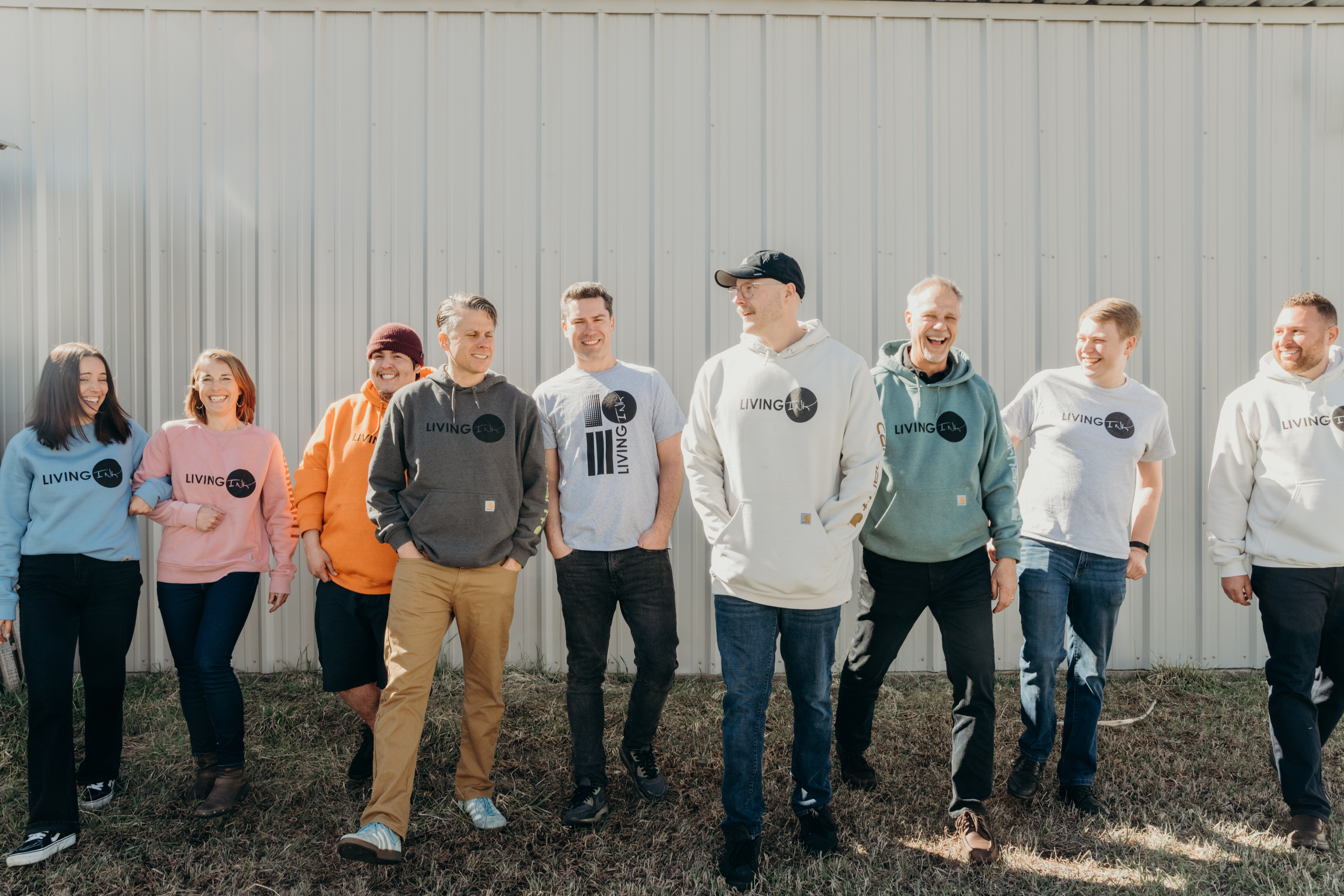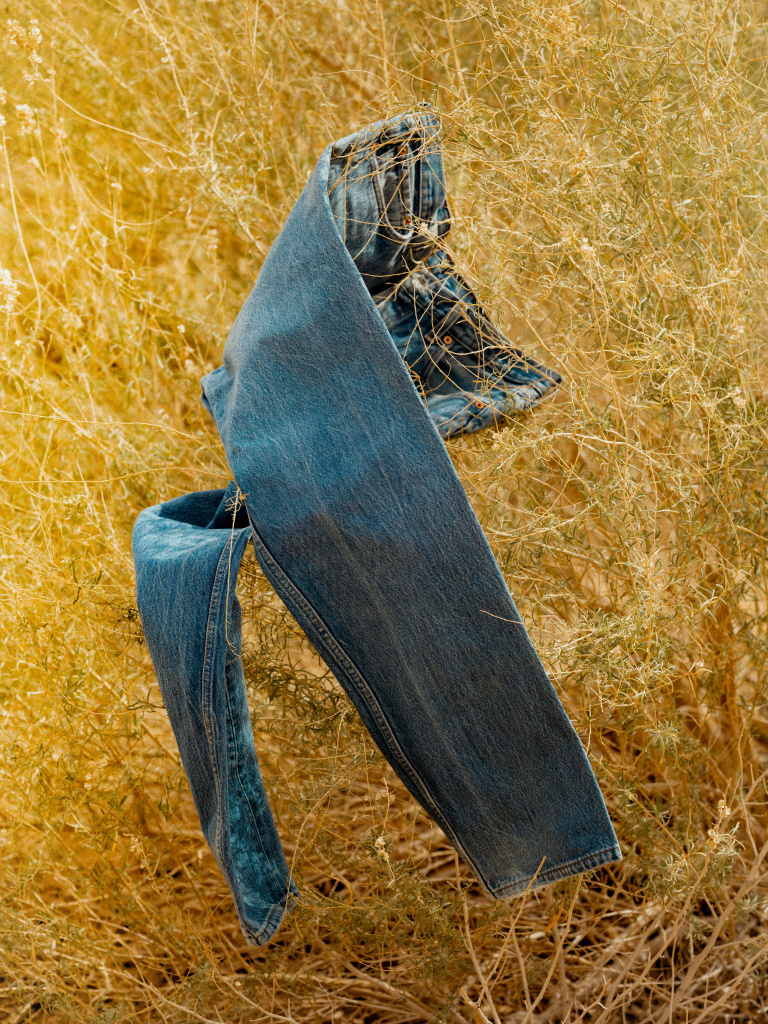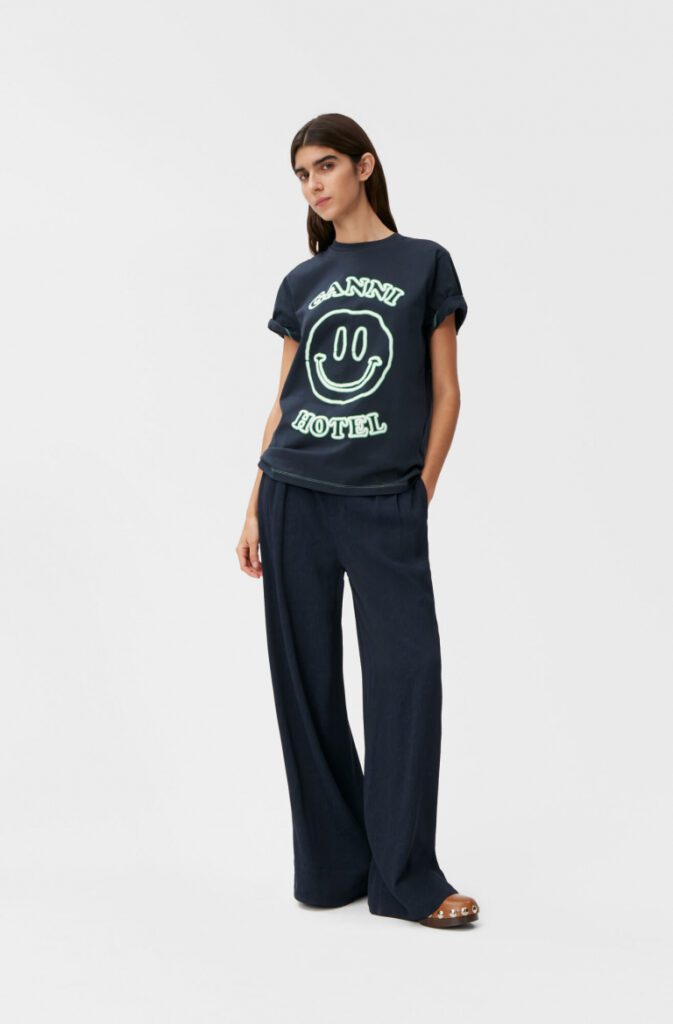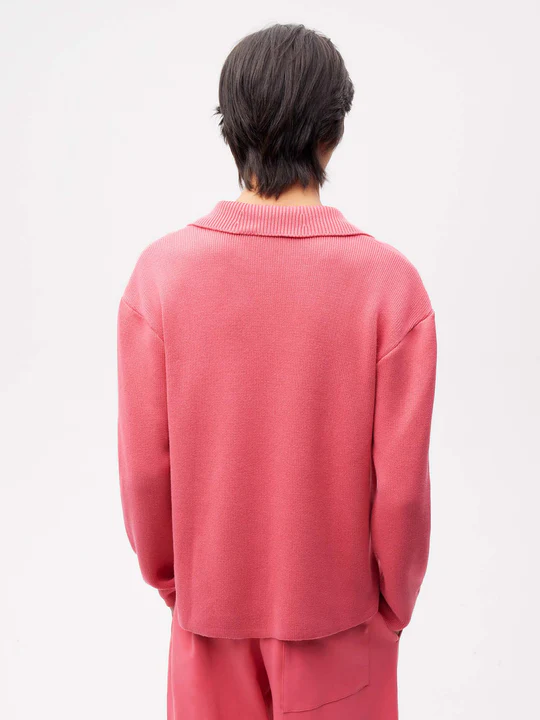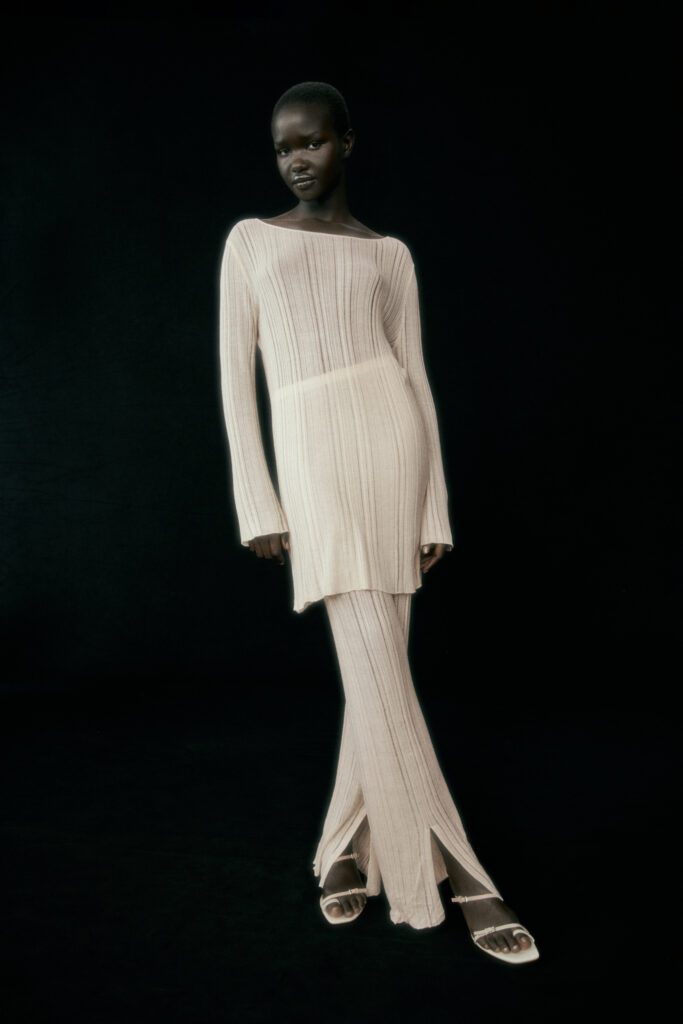Meet the Innovator: Renewcell
Image by Renewcell.
26 October 2023
Through our global Innovation Platform, Fashion for Good supports critical innovations on their journey to scale, providing hands-on project management, access to funding and expertise, and collaborations with brands and manufacturers to accelerate implementation in the fashion supply chain. In this series, we are proud to introduce some of the groundbreaking innovators who are driving the change to make fashion a force for good.
Currently, a large percentage of textiles end up in landfills or are incinerated, rather than being recycled or reused. In the existing linear value chain less than 1% of clothing is recycled into new textile fibres, Renewcell’s technology offers a solution to this problem by reducing the amount of textile waste that ends up in landfills and by creating a circular economy.
The innovator has developed a patented process for turning cotton and other cellulose-rich textiles into high quality dissolving pulp, from which new clothes are produced to be worn with a minimal negative impact on climate and the environment.
The dissolving pulp, known as Circulose®, is made from 100% textile waste, like worn-out jeans and production scraps. Fibre producers use this dissolving pulp to make new Man Made Cellulosic Fibres (MMCFs) which are then spun into yarns, woven or knitted into fabrics and finally cut and sewn into new high-quality textile products.
KEY MILESTONES
-
2012
Renewcell is founded and developed by renowned cellulosic experts Prof. Mikael Lindström, Prof. Gunnar Henriksson and Dr. Christofer Lindgren at the Royal Institute of Technology in Stockholm, Sweden.
-
2013
The first EU patent granted, followed by the first US patent in 2015.
-
2014
Renewcell produces the first garment made from fibres based on 100% Circulose® pulp to demonstrate the application in the garment industry.
-
2017
Renewcell completes the demonstration plant in Kristinehamn, Sweden. H&M Group becomes a shareholder in Renewcell. In 2018, Textilia invests in Renewcell.
-
2019
Renewcell closes Series A investment round of $5 million.
-
2020
Renewcell joins Fashion for Good and participates in our “Full Circle Textiles Project: Scaling Innovations in Cellulosic Recycling.”
-
2020-2021
Renewcell orchestrates a large financing round for its 60,000 tonne recycling plant, Renewcell 1 (Ortviken, Sweden), for which they worked with Nordea and the European Investment Bank with a mixture of both equity and project financing. Via its IPO Renewcell shares got November 2020 on the Nasdaq First North Premier Growth Market.
-
2021
Renewcell starts the construction of Renewcell 1, their first industrial-scale plant and achieves Recycled Claim Standard certification for Circulose® at the Demo lab.
-
2021
Renewcell signs multi-year purchasing agreements with three different European textile sorters, SOEX in Germany, Texaid in Switzerland and Sysav in Sweden, to recycle thousands of tonnes of textiles annually.
-
2022
Partnerships with viscose producers for fibre production: Birla Cellulose, Eastman, Lenzing, and and Tangshan Sanyou.
Opening of the first industrial-scale facility, Renwcell 1.
-
2023
Renewcell announced partnerships with Fashion for Good innovators TextileGenesis for Circulose® Pulp-to-Retail transparency, and with Spinnova for the production of a biobased textile fibre without any harmful chemicals in the fibre spinning process.
Renewcell achieves Recycled Claim Standard certification for Circulose® at the industrial-scale facility.
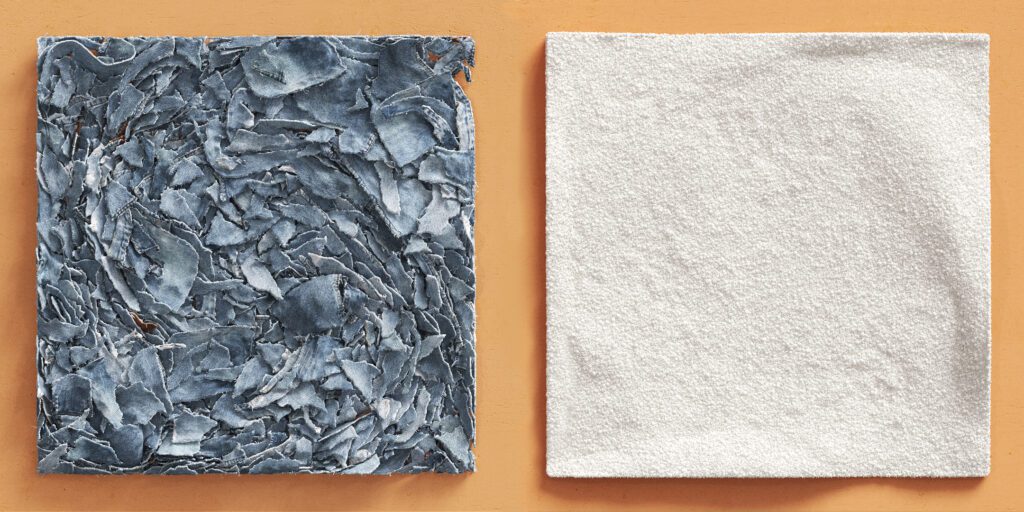
Image by Renewcell.
COMMERCIAL IMPLEMENTATIONS
-
2020
H&M Conscious Exclusive becomes the first retail collection to feature Circulose®.
Levi’s® launches its most sustainable jean ever, a garment made with organic cotton and Circulose®.
-
2021
VERO MODA launches a limited edition piece, which brings BESTSELLER’s collaboration with Renewcell to life.
-
2022
Levi’s launches 501® jeans made with Circulose®.
GANNI introduces styles made with Circulose® in main collection.
Pangaia launches a Unisex collection made with Circulose®.
ZARA launches capsule collection made from material produced with Circulose®.
Filippa K launches sustainable capsule using Circulose®.
-
2023
H&M releases a Jeans Redesign capsule collection in partnership with the Ellen Macarthur Foundation featuring recycled denim and Circulose®.
Tommy Hilfiger and Shawn Mendes Classics Reborn collection features styles made with Circulose®.
Calvin Klein‘s CK Soft Skater collection made with Circulose®.
& Other Stories releases a two piece all-denim made with Circulose®.
Levi’s 501® jeans made with Circulose®.
GANNI styles made with Circulose®.
Pangaia Unisex collection made with Circulose®.
ZARA capsule collection made from material produced with Circulose®.
Filippa K sustainable capsule using Circulose®.
Tommy Hilfiger and Shawn Mendes Classics Reborn collection made with Circulose®.
WHAT’S NEXT
Renewcell plans to recycle the equivalent of more than 1,4 billion t-shirts every year by 2030.
LINKS
Website: https://www.renewcell.com/en/
Learn more about Renewcell’s involvement in the Fashion for Good Full Circle Textiles Project.
Other Articles
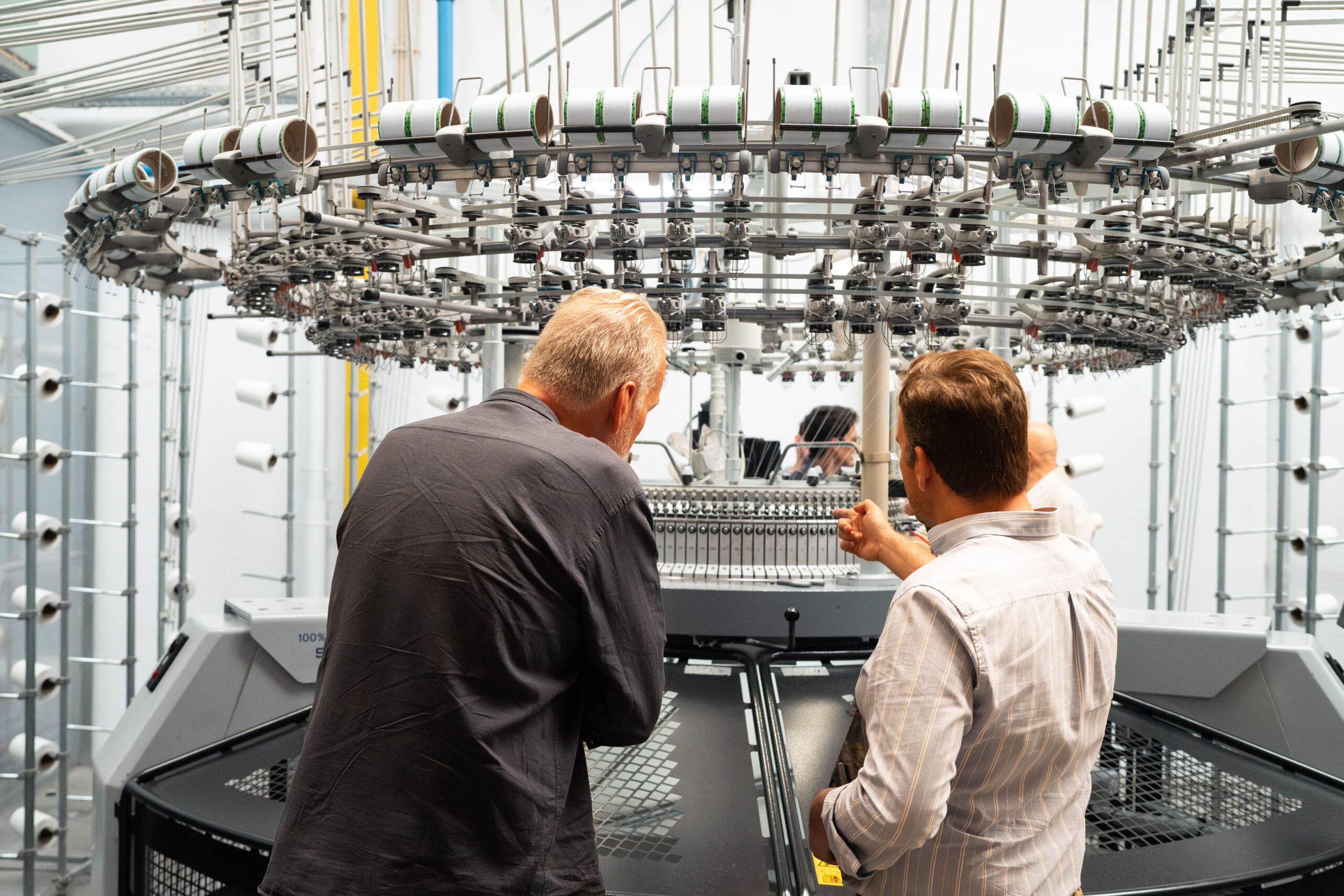
In conversation with Smartex: Explore Smartex’s AI-driven solutions transforming quality control and reducing waste
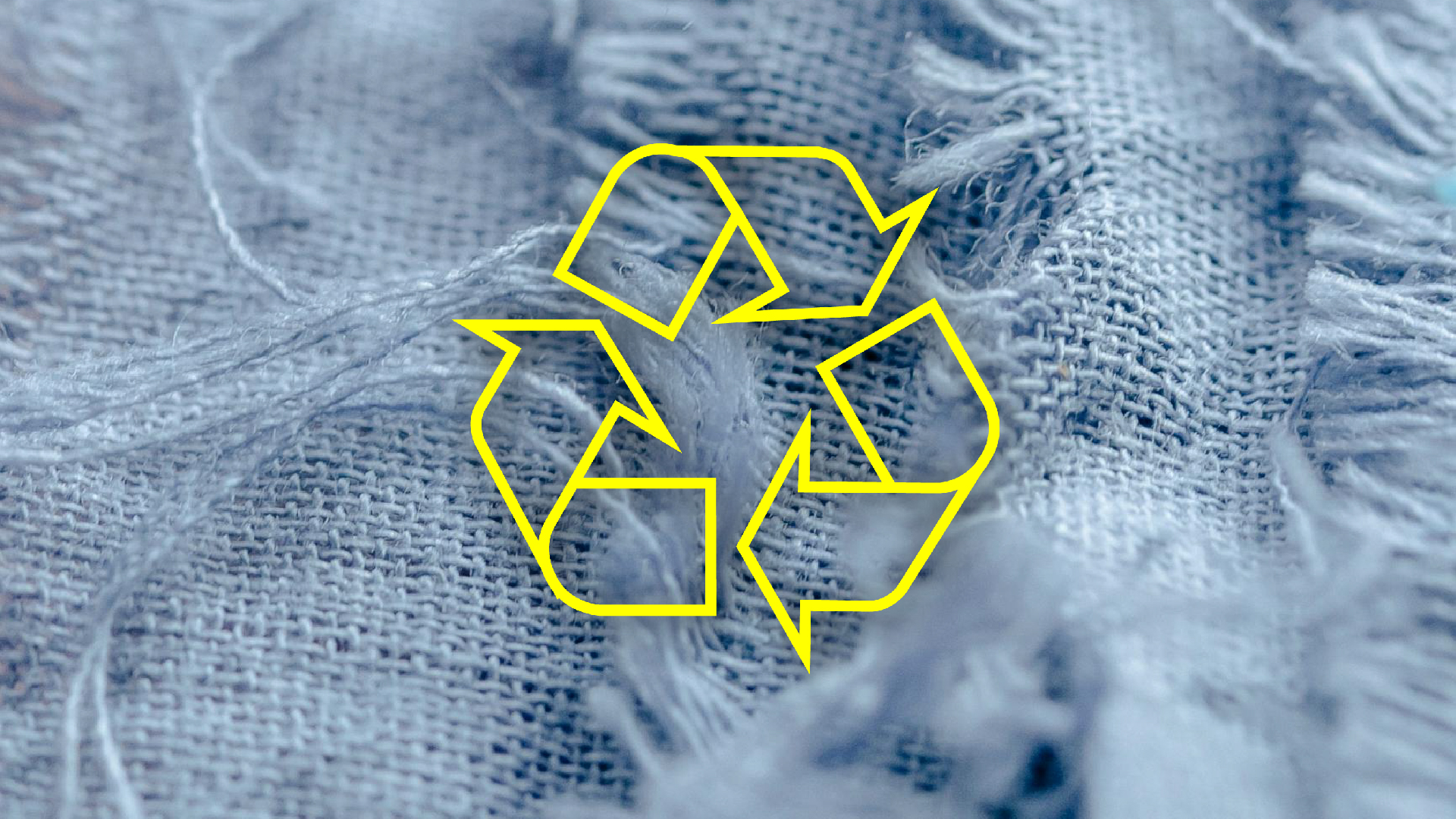
Fashion for Good and Textile Exchange Team Up to Trace Textile Waste
